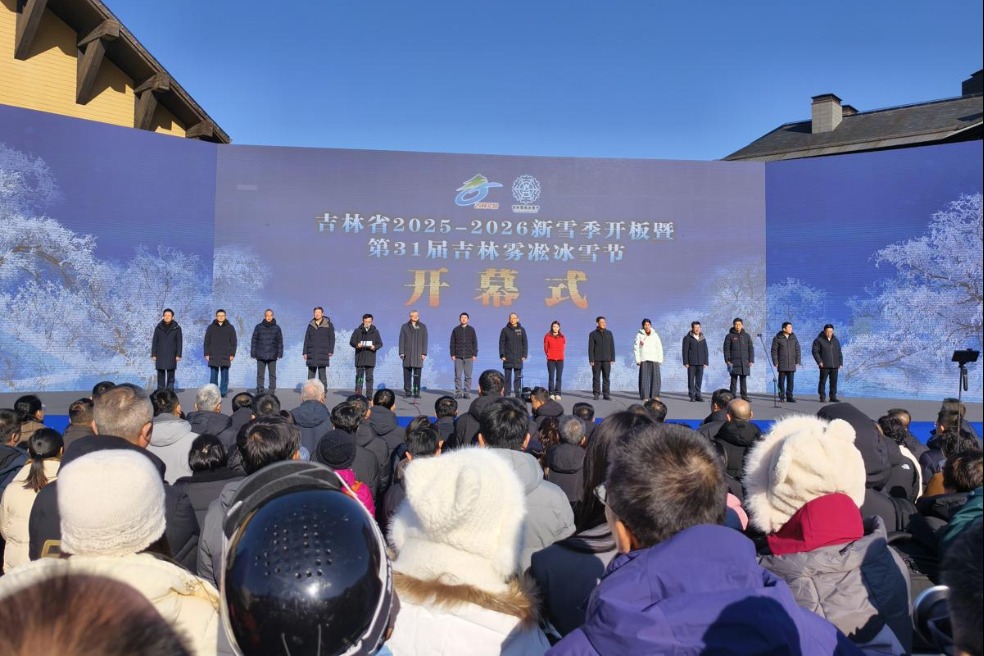China's new Alzheimer's drug completes phase 3 clinical trial

SHANGHAI - A Chinese research group on Tuesday announced progress in developing a drug to treat Alzheimer's disease.
GV-971 was developed by Ocean University of China, Shanghai Institute of Materia Medica under Chinese Academy of Sciences and Green Valley Pharmaceutical Co., Ltd, after a 21-year study.
A phase three clinical trial is the last test before reaching the market.
In the trial, participants took 450 mg GV-971 orally twice a day for 36 weeks, which proved effective in improving cognition.
Extracted from brown algae, the drug is targeted at patients with mild-to-moderate Alzheimer's. Independent animal experiments also showed that it can regulate the immune system, reduce neuro-inflammation and improve cognition.
Alzheimer's disease is an irreversible, progressive brain disorder that slowly destroys memory, thinking skills, and the ability to carry out simple tasks. The disease affects about 48 million people worldwide, and the number is expected to increase with the aging population. There is no effective cure.
The drug opens a new avenue for treatment and provides patients with a new solution and hope, said lead researcher Geng Meiyu.
- Study explains why Chang'e 6 moon soil is unexpectedly sticky
- Rare Sapria himalayana once again enters blooming period in Yunnan
- Shenzhou XXII to launch with full cargo load
- Students practice restoring Yuan Dynasty mural details at Shanxi University
- Ministry crackdown dismantles counterfeiting criminal industrial chains
- Explainer: How will China peak coal, oil use in its climate push




































